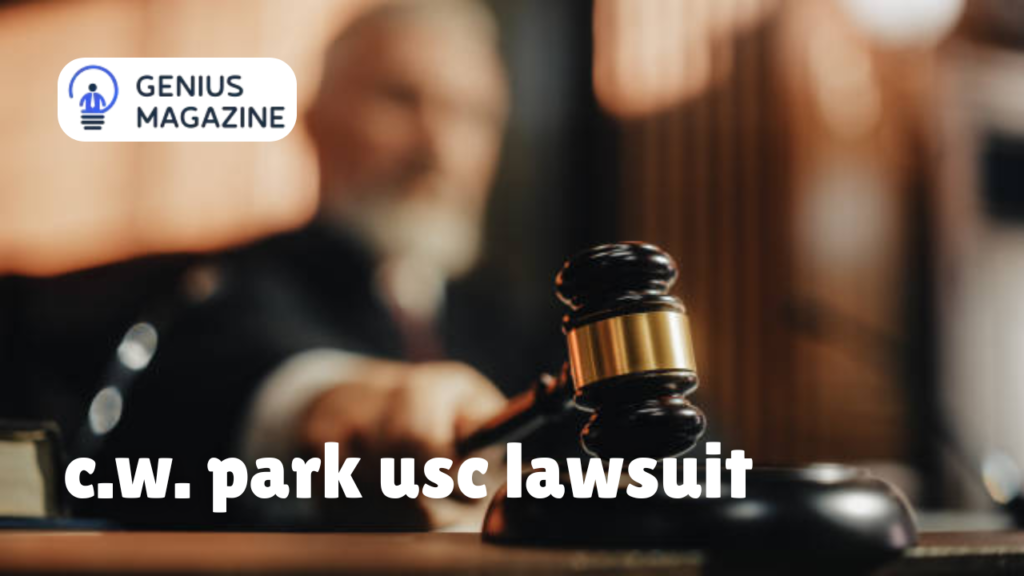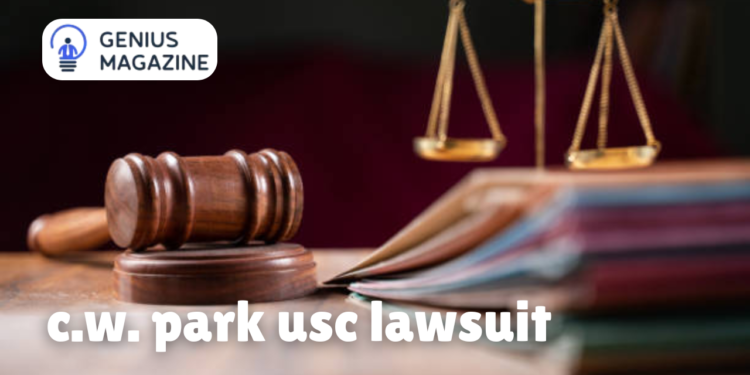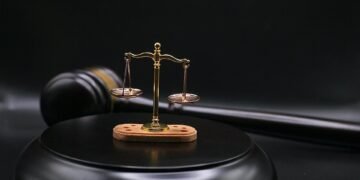The C.W. Park USC lawsuit has emerged as a significant case involving allegations of sexual harassment and abuse at the University of Southern California (USC). Filed by former student employee Yi Youn Kim against Choong Whan Park, a tenured professor at USC’s Marshall Business School, the lawsuit sheds light on critical issues of accountability, institutional responsibility, and workplace ethics. This article provides an in-depth exploration of the case, its allegations, and its broader implications.
The Allegations Against C.W. Park
The crux of the C.W. Park USC lawsuit revolves around allegations of sexual harassment and abuse. Kim, a former research assistant for Park, claims that he sexually assaulted her multiple times during her tenure under his supervision. The lawsuit outlines specific instances of misconduct, accusing Park of exploiting his position of authority to manipulate and harm Kim.
Kim’s attorneys assert that Park’s actions were part of a pattern of predatory behavior. They argue that such behavior violated ethical standards and created an unsafe environment for students and staff.
USC’s Role and Responsibility
The lawsuit does not solely target Park; it also alleges institutional negligence on the part of USC. According to the claims, USC failed to adequately address Kim’s complaints and neglected to implement measures to prevent such incidents. Kim’s attorneys maintain that the university knew or should have known about Park’s behavior but chose to look the other way.

Mishandling of Complaints
Kim alleges that when she reported the abuse, USC’s response was insufficient and dismissive. This perceived mishandling of complaints underscores a broader issue of how institutions address allegations of misconduct and support victims.
Retaliation Allegations
Another critical aspect of the lawsuit is the claim that USC retaliated against Kim after she reported the abuse. Retaliation can manifest in various ways, such as academic or professional setbacks, and such actions discourage victims from coming forward.
Legal and Emotional Implications
Emotional Distress
The lawsuit seeks damages for Kim’s emotional distress, emphasizing the profound impact of such experiences on victims. Sexual harassment and abuse often lead to long-term psychological effects, including anxiety, depression, and post-traumatic stress disorder (PTSD).
Lost Opportunities
Kim’s legal team also highlights the professional and academic opportunities she lost as a result of the abuse and subsequent retaliation. These losses underline the tangible consequences of harassment beyond emotional harm.
Broader Implications for USC
Accountability and Culture Change
The C.W. Park USC lawsuit raises critical questions about accountability within higher education institutions. How can universities ensure that their faculty and staff adhere to ethical standards? What mechanisms should be in place to protect students and employees?
Policy Revisions
Cases like this often lead to calls for policy revisions. Institutions may need to strengthen their protocols for handling complaints, provide better support systems for victims, and implement comprehensive training programs to prevent harassment.

Current Status of the Lawsuit
The C.W. Park USC lawsuit is pending in the Los Angeles Superior Court. The outcome could set a precedent for how similar allegations are addressed in academic institutions. It also serves as a reminder of the importance of fostering a safe and respectful environment for all university community members.
Also Read : Bathing Suit Full Body AT&T Lily Fired
Deduction
The C.W. Park USC lawsuit is not just a legal battle; it is a call to action for universities to prioritize their students’ and staff’s safety and well-being. By addressing the allegations with transparency and integrity, USC can demonstrate its commitment to creating a culture of accountability and respect. This case underscores the need for systemic changes to ensure that institutions are not only places of learning but also safe havens for all individuals.




































